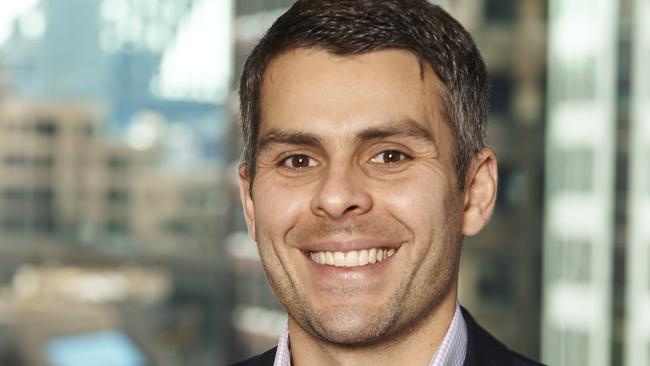Better pay and hours attract foreign workers to Australia
Foreign workers living in Australia generally have a better standard of living than in their home countries.

Foreign workers living in Australia generally have a better standard of living than in their home countries, foreign exchange company World First has found, and they are likely to earn more with better hours.
The study of more than 2000 workers found they moved to Australia primarily for career opportunities, followed by family, love, beaches, great weather and food. Turn-offs included high property and living costs, missing family and creepy-crawlies.
Head of marketing Duncan Khoury says expats’ working life stories are often full of challenges, great emotion, adventure, risk and excitement.
“We can see from the survey results that careers and workplaces play a central role in expats’ lives, whether it’s the reason for their relocation, improved wages, a better work-life balance or a way to make new friends,” Khoury says.
GOOD HEALTH RULES
Employers at more than 300 Australian companies care less about staff mental wellbeing than general health, with a MetLife survey finding they place little importance on depression, stress and anxiety.
MetLife’s employee benefit trends study found employers ranked staff medical problems as their top concern, at 88 per cent, followed by emotional health on 69 per cent and lifestyle issues on 62 per cent. But 84 per cent of Australian workers worry more about their emotional wellbeing, compared with 70 per cent worrying about medical issues.
While employers recognise the benefits of offering wellness programs to staff, including increased staff retention, employee engagement and improved productivity, workers had little interest in flu shots or employee assistance programs.
DANGEROUS DEVICES
A report on cybersecurity and threats to businesses caused by employees bringing their own devices to work has found 77 per cent of employers allow staff to access corporate data on personal phones, laptops and tablets. Recruitment firm Robert Half’s cybersecurity report found more than one-third of Australian chief information officers say a lack of employee knowledge and data security skills is the most significant security risk they will face in the next five years.
Asia-Pacific senior managing director David Jones says while bringing personal devices can have advantages, such as higher levels of employee satisfaction, increased productivity, and cost savings, it can pose serious cybersecurity challenges in terms of securing corporate networks and data, mobile device management and developing security policies.
AGE CHALLENGE
More than one-third of jobseekers think ageism is their biggest challenge when entering the workforce, with younger candidates as well as older people being discriminated against. The ManpowerGroup Solutions fourth international report on candidate preferences, Clocking Back In: Boomerang Workers, found 37 per cent of Australians thought ageism a problem, compared with 51 per cent in Mexico and 34 per cent in Britain.
“By 2022, workers aged 50 and above are projected to make up 35.4 per cent of the total workforce,” the report says.
Technology also has contributed to the divide between old and young workers, and can create generational tensions in work style and communications, with 31 per cent of young workers believing their manager avoids technological change.
While age was a barrier in many organisations, the report found others were embracing diversity to overcome industry shortages and hiring retirees — or boomerang workers.


